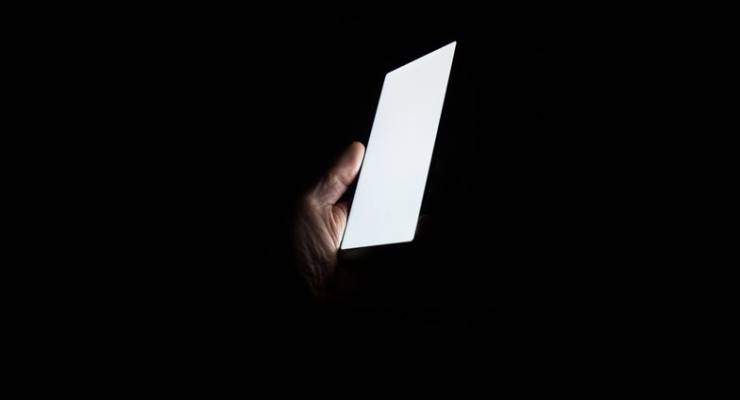
Image credit: Andrew Guan
Before she’s even awake, Susan is under surveillance.
Her sleep tracker recorded a restless night, the third in a row. In a database, somewhere, she’s flagged as being stressed.
While she’s reading the news over breakfast, in an automated process that takes milliseconds, an advertiser exploits that knowledge to serve her with an ad for a meditation app. Susan downloads the app. When she starts meditating, both the time she begins, and her location, are recorded in another database, somewhere.
Later that day, Susan visits a Toyota dealership to inspect new models. Even though she hasn’t searched online, or told anyone she’s thinking of buying a new car, she is served with multiple adverts from Hyundai for a week. And three different banks offer her a personal loan through more online advertising.
Susan is fictional, of course, but every technique described in that scenario is real.
Data is extracted from virtually everything you do online — or even just look at. Apps track where you go, who you communicate with, what you photograph, when you go to sleep. That data is swapped and traded, melded with even more data, and used to make inferences and assumptions about you in ways that are only beginning to be explored.
Facebook alone collects some $53 billion a year by parlaying personal data into advertising revenue. But it’s only the most visible player in a vast global ecosystem of data collectors, data brokers, advertising platforms and others who form the so-called “surveillance economy”.
Today, Crikey launches Prying Eyes, a three-week series that exposes the scale and scope of this ecosystem, and explain how it works. We’ll tell you:
- How Australian political parties build personal dossiers on voters — who you live with, your phone number, your Facebook profile, your Twitter account, whether you’re on the P&C of your kids’ school, your demographic, your location and what kind of voter they think you are. And yet voters have no legal right to see what political parties have about them.
- How telcos and airlines collect customers’ web browsing histories and sell their location data; how TV companies gather their viewing histories to target them with personalised ads; how banks collate their transaction histories and transport companies collect calendars and address books — and sell this data to whoever will buy it.
- How your keystrokes are being monitored and how, if you type text into an app, it can use that data any way it likes, not just for the app’s stated purpose, and if the app connects to the internet — which, of course, most do — then it can send the data anywhere it likes.
- How a stream of advertising-technology firms work stealthily — and profitably — behind the scenes of various online advertising networks, phone apps and brands to target you with ads specific to your precise location.
- How Google knows where you’ve been if you’ve enabled location tracking, everything you’ve ever searched (and deleted), which events you attend from your calendar, all the apps you use and all your YouTube history.
- How Facebook stores information, including every message ever sent or been sent, every file ever sent or been sent, all the contacts in the phone, all the audio messages sent, every time you log in, where from, what time, and from what device.
- What you’re really signing up for when you click “I Agree” to the social media platforms’ Terms and Conditions.
- How online players use tricky techniques known as “dark patterns” to lure users into handing over personal data or induce them to buy or sign up for things that they didn’t mean to.
- How “anonymous” personal information is far from anonymous because there’s often only one person in the world it could apply to.
- How retailers use “beacons” to track customers around a store to send them signals on their phones to encourage purchases and track their consuming habits.
- What Australians really think about surveillance capitalism, in all its guises, in a special Crikey-Roy Morgan opinion poll.
You may know some of this already. The geeks among you may know a bit more. But few of us ever assemble the whole picture, or pause to understand how ubiquitous commercial surveillance is changing society.
A digital user, says US technology writer Nicholas Carr, is “like a data factory.”
Our personal data is being used to create knowledge, and knowledge is power. If that power were used solely to show us better adverts, maybe that’s fine. But the knowledge is also being used to reshape economic and power relationships in ways almost none of us are aware of. This series aims to change that.
Welcome to the world of Prying Eyes.









Knowledge about us, but that is not available to us is the fault of government.
Yes, the government is certainly allowing, if not actively enabling these intrusions which will, in due course, become constraints.
Usual thoughtful revealing read
Look forward to the series
Rob
This today is about consumerism, bad enough in itself, but the corollary is does not bear contemplating.